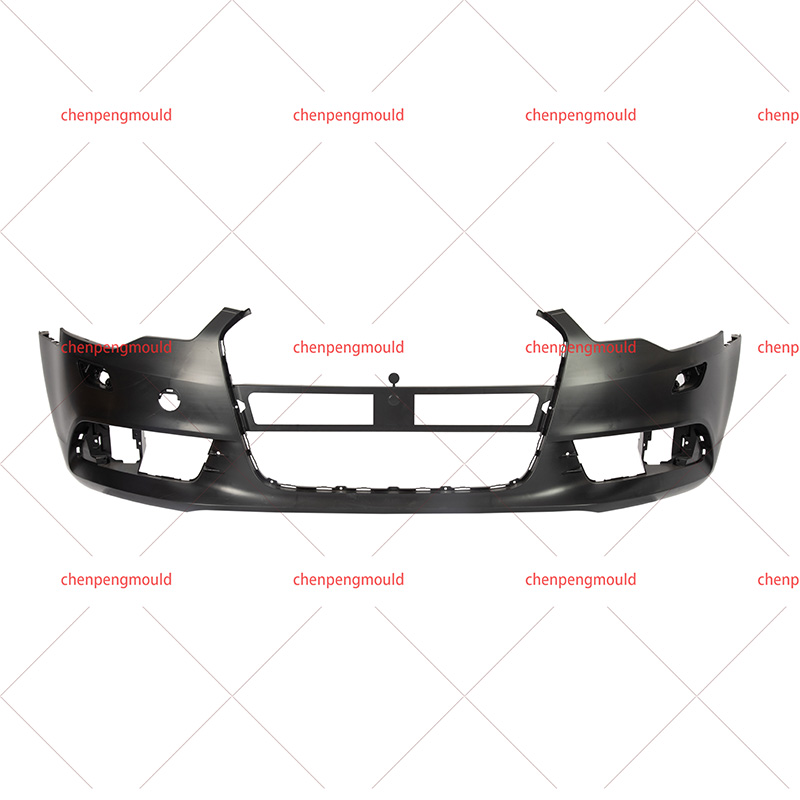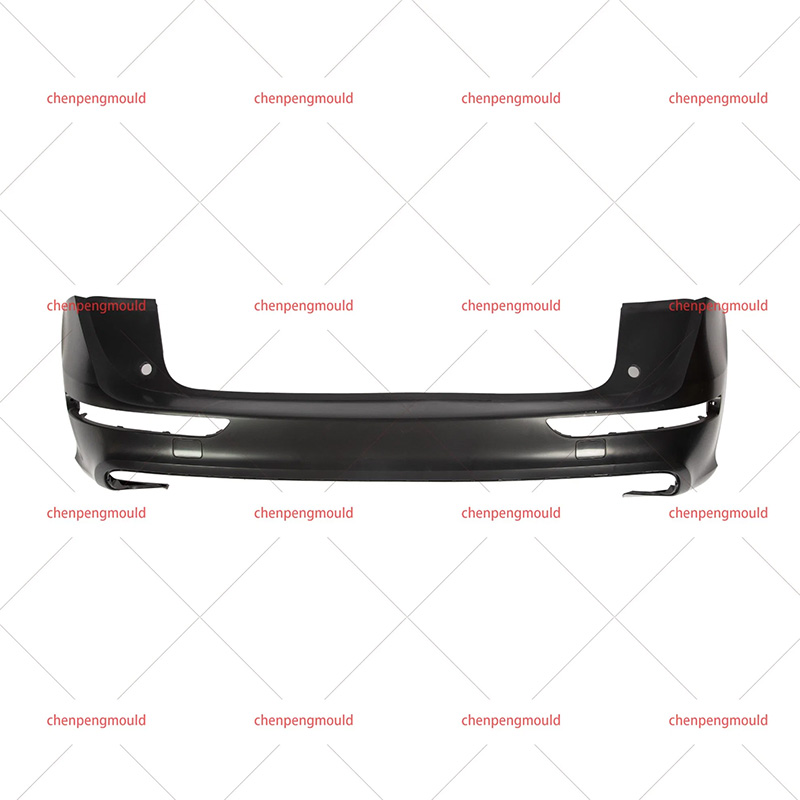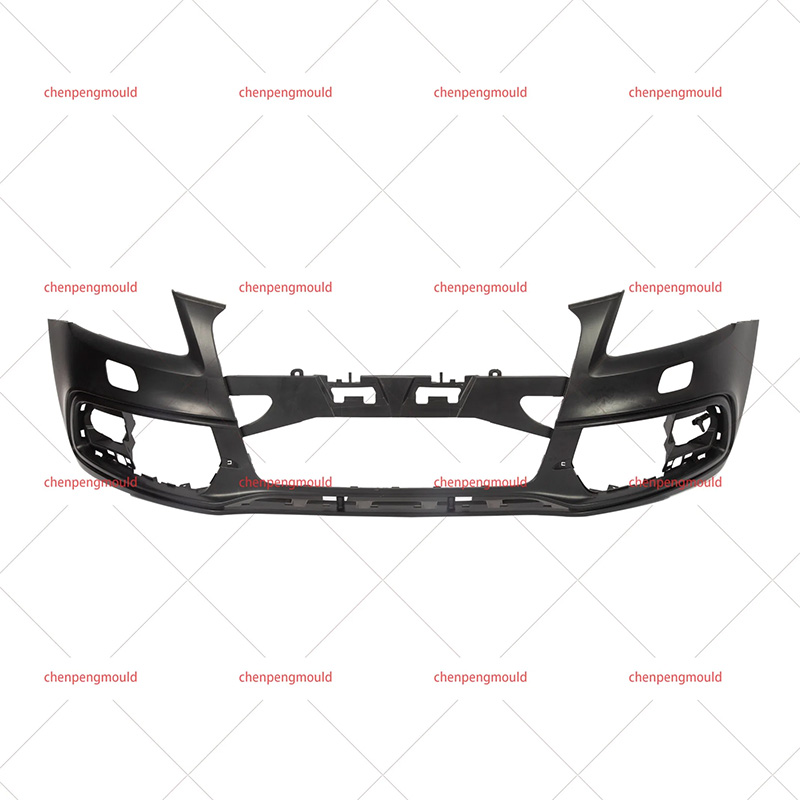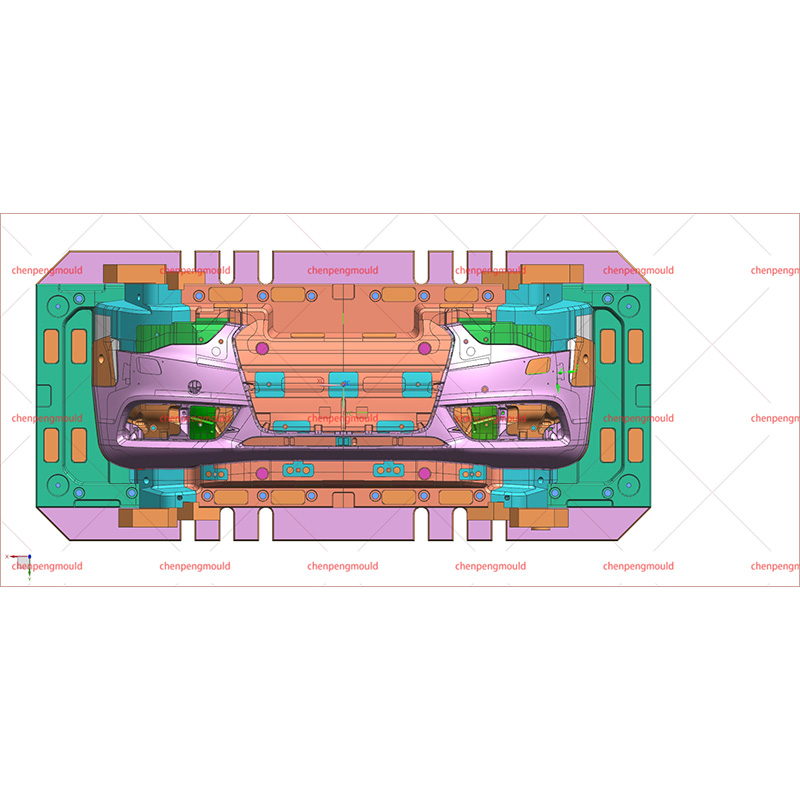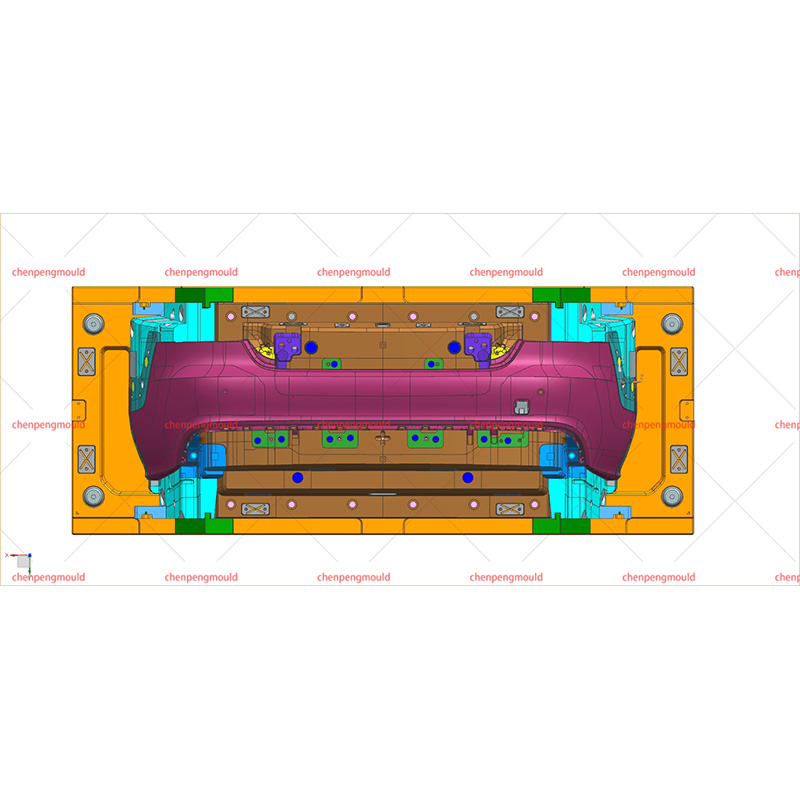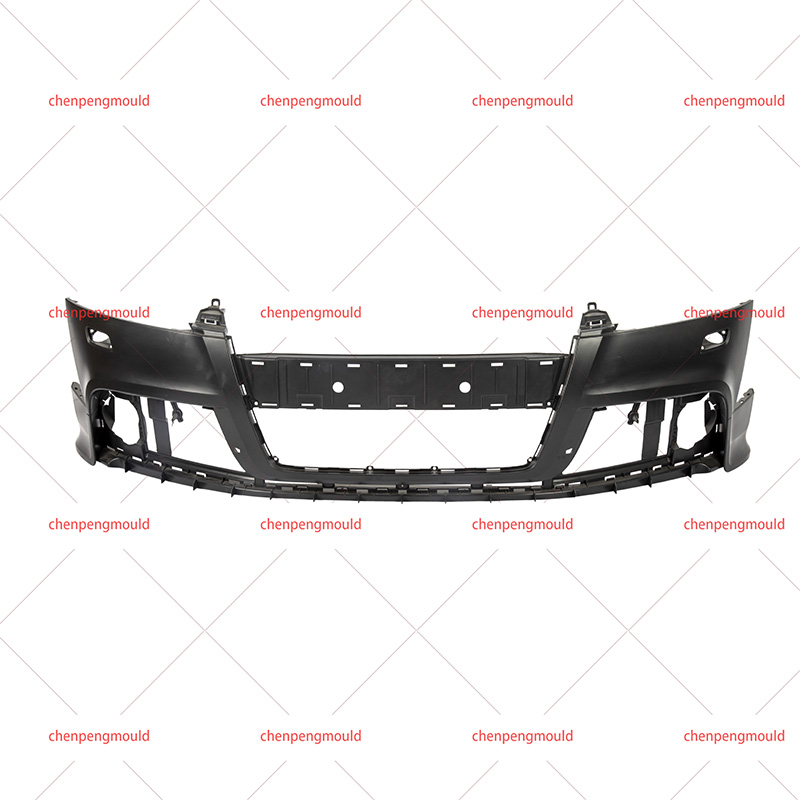In the realm of automotive manufacturing, the demand for precision is non-negotiable, especially when it comes to molding plastic injection car parts. Achieving higher accuracy in the production of these critical components is a constant pursuit, driven by the need for impeccable quality, enhanced performance, and streamlined assembly processes.
At the heart of precision lies the sophistication of tooling technology. Utilizing advanced tooling systems equipped with features like multi-cavity molds and precision inserts ensures a consistent and accurate reproduction of intricate car parts. Investing in cutting-edge tooling technology is foundational to achieving higher levels of precision in the injection molding process.
The backbone of precision in plastic injection molding is meticulous mold design. Engineers employ computer-aided design (CAD) tools to optimize the geometry of the mold, considering factors such as gate locations, cooling channels, and ejection mechanisms. This meticulous design approach contributes to the dimensional accuracy and surface finish of the molded car parts.
Fine-tuning temperature and pressure parameters during the injection molding process is a critical strategy. Precision is optimized by carefully controlling the melt temperature of the plastic, ensuring it flows uniformly into the mold cavities. Additionally, maintaining consistent pressure throughout the process minimizes variations, resulting in precisely molded car parts.
The choice of materials significantly influences precision in injection molding. Selecting high-quality and consistent materials ensures uniform shrinkage rates and minimizes the risk of defects. This approach guarantees that the molded car parts meet stringent dimensional specifications and contribute to the overall durability of the end product.
Achieving higher precision requires a scientific approach to process optimization. Engineers leverage computer simulations and statistical analyses to identify potential variations and fine-tune process parameters. This data-driven optimization ensures that every injection molding cycle consistently produces car parts with the desired accuracy.
Implementing real-time monitoring systems is instrumental in maintaining precision throughout the production cycle. Sensors and analytics provide instant feedback on key process variables, allowing for immediate adjustments to mitigate deviations and ensure that each molded car part adheres to the specified tolerances.
Integrating robotic automation into the injection molding process contributes to precision by eliminating human error and ensuring consistent production cycles. Robots can handle tasks such as material loading, part removal, and quality inspection with unparalleled accuracy, enhancing overall process reliability.
In the pursuit of precision, rigorous quality control protocols are imperative. Inspection and measurement techniques, such as coordinate measuring machines (CMM) and optical scanners, enable detailed scrutiny of each molded car part. This meticulous quality control ensures that only components meeting the highest accuracy standards proceed to the assembly line.
Dimensional validation and verification processes validate the accuracy of each molded car part against the intended design specifications. This involves comparing dimensions, tolerances, and geometric features to the original CAD model. Any deviations are promptly addressed to maintain the desired precision.
In the intricate world of molding plastic injection car parts, precision is the cornerstone of quality and reliability. The strategic integration of advanced tooling technology, meticulous mold design, and stringent process controls establishes the foundation for achieving higher accuracy. As automotive engineering advances, the pursuit of precision in injection molding remains a driving force, shaping the future of car manufacturing with components that exemplify unparalleled accuracy and excellence.

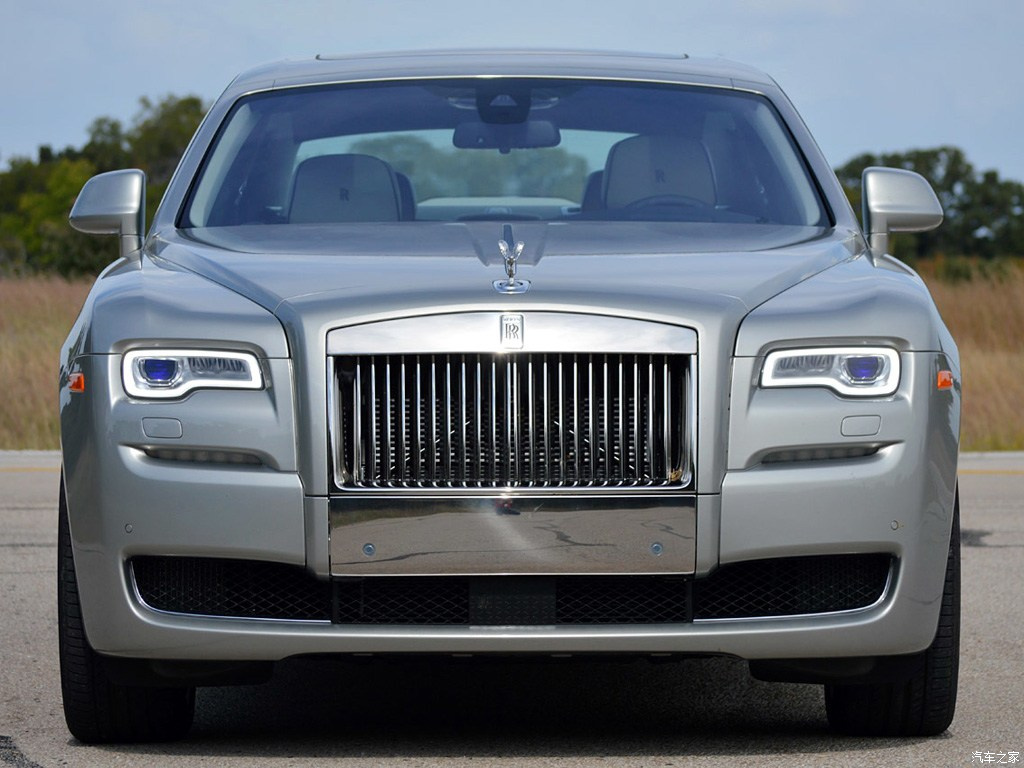
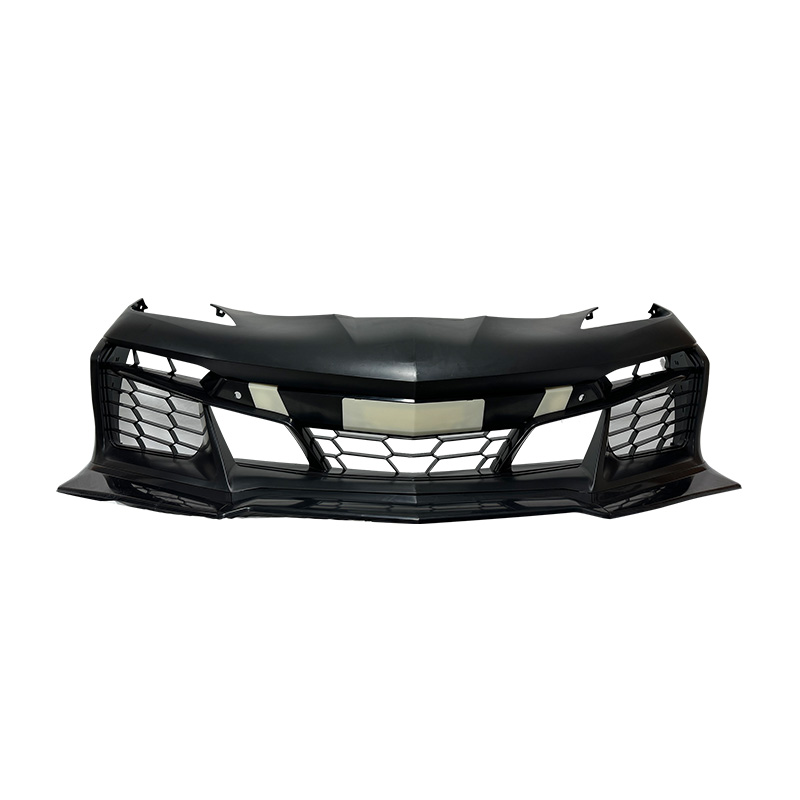

 +86-18357617666
+86-18357617666
